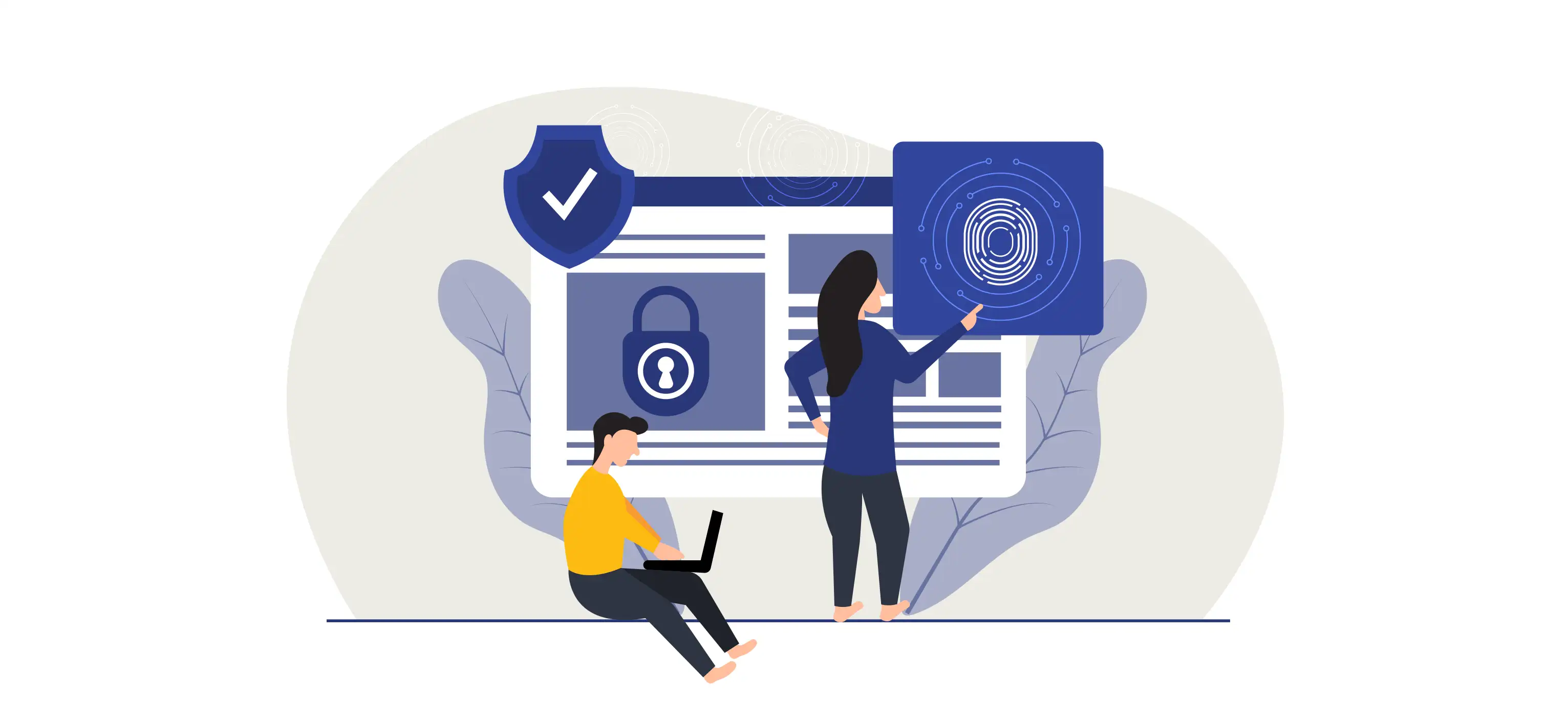 Shubhanshu Verma
Nov 06, 2024
Shubhanshu Verma
Nov 06, 2024

The CEH v13 Exam refers to the Certified Ethical Hacker version 13 exam, which is part of the certification program offered by the EC-Council.
EC-Council launched the Certified Ethical Hacker certification, CEH v13, on 23rd September 2024. This new version offers a specialised and comprehensive training program to help individuals gain expertise in ethical hacking, AI, and machine learning.
This certification is aimed at IT professionals and security specialists who want to demonstrate their skills in identifying and addressing vulnerabilities in systems and networks.
Taking CEH v13 certification enables cybersecurity professionals to integrate AI across 5 phases of ethical hacking:
Here’s all you need to know about the new CEH v13.
Now, let’s get into the details of the CEH v13 Exam.
The Certified Ethical Hacker (CEH) is globally recognised as the gold standard for assessing ethical hacking skills. The Certified Ethical Hacking v13 exam is designed to verify cybersecurity professionals' knowledge and skills in modern cybersecurity threats.
The CEH v13 gives you the option to take two exams which are:
Here’s an overview of both the CEH Exams.
| Exam Types | CEH Knowledge Exam | CEH Practical Exam |
| Number of Questions/ Practical Challenges | 125 Questions | 20 Practical Challenges |
| Test Duration | 4 Hours | 6 Hours |
| Test Format | MCQ | iLabs Cyber Range |
| Test Availability | ECC Exam, Vue | ASPEN, iLabs |
| Exam Prefix |
312-50 (ECC Exam), 312-50 (VUE)
|
|
| Passing Score | 60% - 85% | 60% - 85% |
The CEH Practical exam is the world’s first ethical hacking practical exam to have ANAB and US DoD approval.
The CEH Practical is a 6-hour, 100% hands-on exam delivered in our Cyber Range that requires you to demonstrate the skills and abilities of ethical hacking techniques such as:
In the CEH Practical, you have a limited time to complete 20 challenges that tests your proficiency in a performance-based cyber range.
This exam is NOT a simulation and incorporates a live corporate network of VMs and applications with solutions to uncover vulnerabilities.
The CEH certification covers a wide range of topics related to ethical hacking, penetration testing, and information security, including:
penetration testing, and information security, including:
| Module 01: Introduction to Ethical Hacking | Learn the fundamentals and key issues in information security including: The basics of ethical hacking
|
| Module 02: Footprinting and Reconnaissance | Learn how to use the latest techniques and tools for:
|
| Module 03: Scanning Networks |
Learn different network scanning techniques and countermeasures.
|
| Module 04: Enumeration | Learn various enumeration techniques, including:
|
| Module 05: Vulnerability Analysis |
|
| Module 6: System Hacking | Learn about the various system hacking methodologies used to discover system and network vulnerabilities, including:
|
| Module 07: Malware Threats | Learn about different types of malware (Trojans, viruses, worms, etc.)
|
| Module 8: Sniffing |
Learn about Packet sniffing techniques and their uses for discovering network vulnerabilities Plus countermeasures to defend against sniffing attacks.
|
| Module 9: Social Engineering | Learn social engineering concepts and techniques, including:
|
| Module 10: Denial-of-Service |
|
| Module 11: Session Hijacking | Learn the various session-hijacking techniques used to discover network-level session management
|
| Module 12: Evading IDS, Firewalls, and Honeypots |
|
| Module 13: Hacking Web Servers | Learn about web server attacks, including:
|
| Module 14: Hacking Web Applications | Learn about web application attacks, including:
|
| Module 15: SQL Injection |
|
| Module 16: Hacking Wireless Networks |
|
| Module 17: Hacking Mobile Platforms |
|
| Module 18: IoT and OT Hacking |
|
| Module 19: Cloud Computing |
|
| Module 20: Cryptography |
|
To become an AI-powered Certified Ethical Hacker in Version 13, individuals must complete the CEH Knowledge-based Exam and the CEH Practical Exam to earn the esteemed CEH Master certification.
This advanced credential signifies both theoretical knowledge and mastery of practical ethical hacking skills, demonstrating readiness for any cybersecurity role.
The new CEH v13 exam reflects AI integration, testing students on their ability to use AI-driven tools for identifying vulnerabilities, with questions focused on AI’s role in cybersecurity.
CEH v13 represents a significant advancement over CEH v12, equipping cybersecurity professionals with the skills and knowledge to combat modern cyber threats. This edition prepares ethical hackers to tackle future digital challenges, emphasizing artificial intelligence, updated attack and defence strategies, and practical labs.
Check out the key differences between CEH v12 and CEH v13.
If you are looking to prove your skills and abilities in ethical hacking, the CEH v13 program is an excellent opportunity to gain a competitive edge in the cybersecurity field. To secure the latest CEH v13 AI certification, seek professional guidance and support from the best Cybersecurity Training Institute in Dubai.

Shubhanshu Verma is a cybersecurity trainer and a contributing writer for Edoxi’s study hub. He holds several certifications, including CPEH, C|EH, C|HFI, CNSS, CEI, and CISA. He has notably contributed to leading organisations like Social27, Microsoft, Cyber Management Alliance, and Balsam Institute of Science and Technology. His training offerings include CEH, CND, CHFI, ICS/SCADA Cybersecurity, ECSA, WCNA, and ISO 27001:2013 for Information Security Management Systems (ISMS).
Shubhanshu's expertise spans various penetration testing areas, such as web/application and infrastructure testing, wireless network testing, VoIP, and firewall rule set reviews. He is proficient in programming languages including HTML, Python, Java, and SQL, and adept with tools like Metasploit Framework, Burpsuite, Nessus, Splunk, Acunetix, and Threat Connect.